Mahonia is a genus of evergreen shrubs that grow very slowly. Its branches spread across the ground. Mahonia blooms with beautiful yellow flowers that attract insects with their gentle aroma.
Mahonia provides a surplus of fruits - they are small and round, about 1/2″ (1 cm) long. Since one species of mahonia fruits greatly resemble grapes, the plant is known as an Oregon grape.
Initially, mahonia fruits are green, then become dark blue with a light gray sheen, like blueberries. Many people cultivate mahonia as a decorative plant, but the fruits of this prized shrub have many properties beneficial to human health.
Mahonia fruits contain a rich complex of substances, valuable to humans. They contain ascorbic acid, also known as vitamin C. They also contain various alkaloids and healthy organic acids.
For many years in the US, mahonia fruits have been eaten to increase appetite and strengthen the immune system.
Mahonia fruits combat the signs of aging in the body, strengthen the circulatory system, protect tissues and neutralize the negative influence of free radicals.
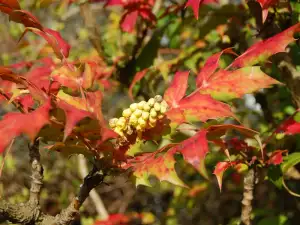
Due to the huge quantities of vitamin C contained in the fruits, they are good against various types of colds. They are an effective antibacterial and antiviral remedy.
These healthy fruits strengthen blood vessel walls.
Mahonia fruit extract is applied topically, it treats different kinds of skin diseases.
The fruits of this prized plant kill a wide spectrum of microbes and are incredibly valuable in treating various kinds of fungal diseases.
They are also good for treating viral causes of diarrhea.
The high amounts of vitamin C help the body recover after an operation and after severe illnesses.
Before you consume mahonia fruits, consult with an expert, because if you have an ulcer, are pregnant or are in other body states, they can do more harm than good.
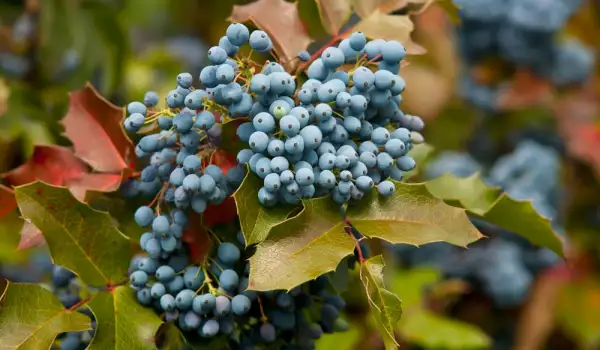
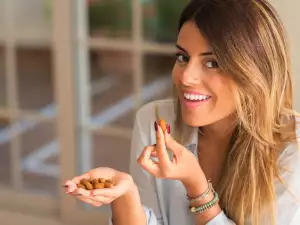

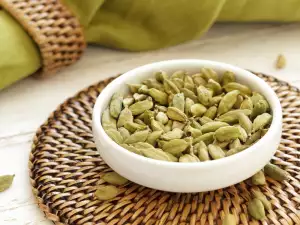

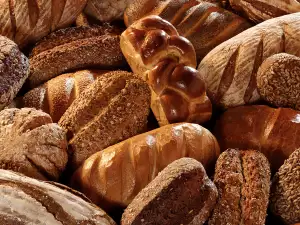

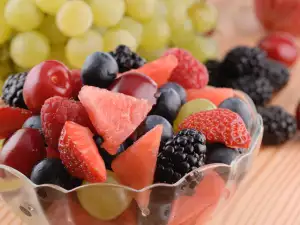

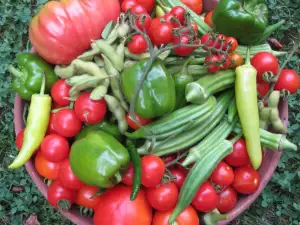


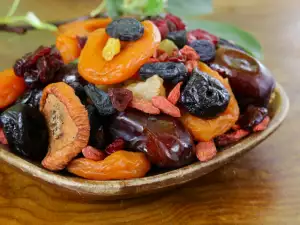

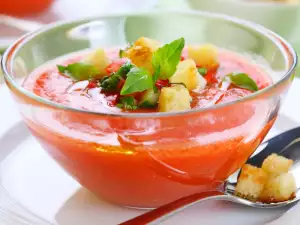




Comments